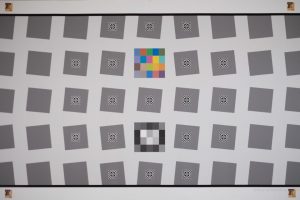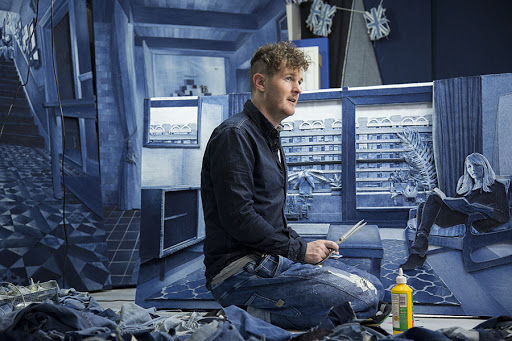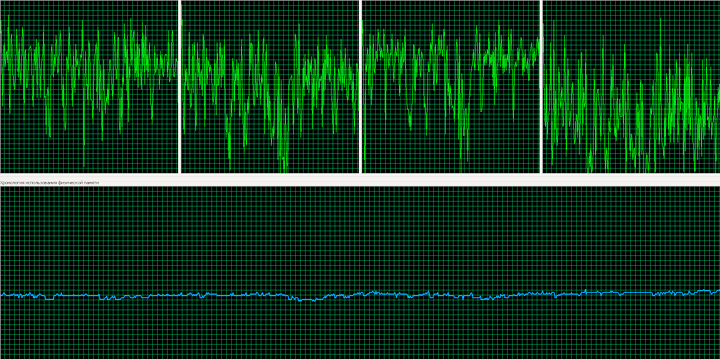tanya
WHAT IS A DECENTRATED LENS?
 A decentralized lens contains one or more elements of an optical lens that are either shifted or tilted from its main axis. Such a shift or tilt of the lens elements can potentially lead to blurring / softness of parts of the image due to the divergence of light rays. While in many lenses you can observe very slight decentration of the optical elements, especially on super zoom, strong decentration and tilt can make the whole image blurry, because the lens cannot achieve good sharpness over the entire frame.
A decentralized lens contains one or more elements of an optical lens that are either shifted or tilted from its main axis. Such a shift or tilt of the lens elements can potentially lead to blurring / softness of parts of the image due to the divergence of light rays. While in many lenses you can observe very slight decentration of the optical elements, especially on super zoom, strong decentration and tilt can make the whole image blurry, because the lens cannot achieve good sharpness over the entire frame.
It is always useful to check the lens before buying, even if it is brand new. Unfortunately, despite the efforts of manufacturers to manufacture each lens, many things may go wrong once you get your copy. In some cases, this is the manufacturer’s fault (poor quality guarantee / low standards), and in some cases it’s the fault of some guy who casually throws a box with a lens during transportation. Unfortunately, these conditions can negatively affect the operation of the lens and create all kinds of problems. Decentration of lens elements is one such problem, as photographer Nasim Mansurov talks about in a blog post. Continue reading
PHOTOS OF NOBUSHI ARAKI – HIGH ART, EMOTIONAL EROTISM AND TABED TOPICS
 Photographer Nobuyoshi Araki is one of the most controversial, complex and interesting photo artists of our time. It is unusual even for native Japan, not to mention the Western world. The main stereotype that accompanies all his work is pornography and scandalousness, but Araki is much deeper than superficial shocking.
Photographer Nobuyoshi Araki is one of the most controversial, complex and interesting photo artists of our time. It is unusual even for native Japan, not to mention the Western world. The main stereotype that accompanies all his work is pornography and scandalousness, but Araki is much deeper than superficial shocking.
This is a real follower of the traditions of his native island – in this case, the traditions of erotic engravings ukiyo-e, which inspired another famous Japanese photographer Eiko Hosoe. Works in which it is difficult to feel the transition from languid eroticism to bandage, pornographic “pictures” are consonant with the aesthetics of shung. To accept them, especially during the years of the rule of public puritanism, was difficult.
Because of his work, the photographer constantly gets fines and even gets to the police. In 1988, the magazine “Sasin Dzidai” published the photographer’s work, which was considered frank and illegal pornography and seized the entire circulation. The publication closed, and Nobuyoshi Araki testified for a long time in the precinct. This did not stop him, as did the scandals that regularly occur in Japan and the West – activists regularly oppose him. Continue reading
RAW converter
 Modern digital photography is very much associated with image processing programs. Sometimes, just the photo editor creates exactly that photo, which we ultimately consider the work of the photographer.
Modern digital photography is very much associated with image processing programs. Sometimes, just the photo editor creates exactly that photo, which we ultimately consider the work of the photographer.
Modern digital photography is insidious, sometimes it turns into ordinary mathematical tricks, which I already wrote about in the articles ‘Subpixels’, ‘Gigapixels’, ‘JPEG‘, ‘Tricks with RAW‘ and ‘Setting RAW‘. Any photograph taken in the so-called raw format – RAW, for delivery to print or view on a computer must be converted (converted) to a simpler format with an unambiguous representation of the data. Usually such a program is called RAW converter (‘rav-converter’). There are simply a lot of such converters, but, due to the specifics of the raw files of each individual camera, converters sometimes can not recreate the “correct” photo from this raw data. It is often said that for the best result you need to use exclusively “native software”, which sometimes comes with the camera. Continue reading




